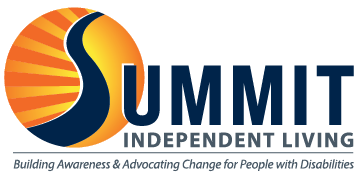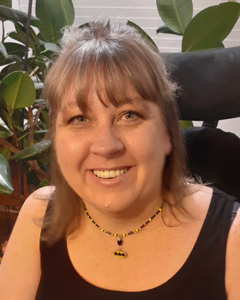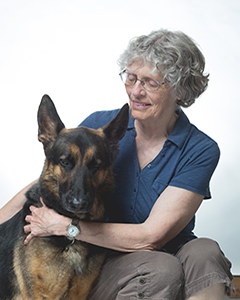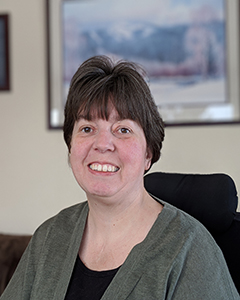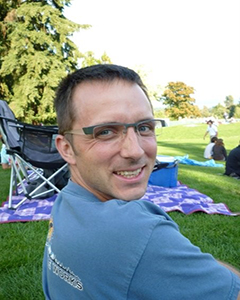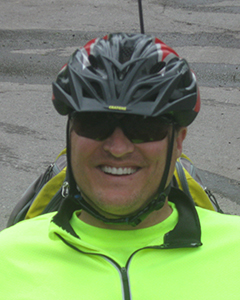Peer Advocacy Program
Peer advocacy/support, one of Summit’s five core services, is a vital component and central feature of independent living philosophy, which can help strengthen individual choice, consumer control, self-determination, and independent living. The idea behind peer advocacy/support is that people with disabilities have the life experience and knowledge to best assist others with disabilities in learning to become more independent in their communities. The wants and needs of people with disabilities are best understood by other individuals with disabilities, who also understand how best to fulfill those needs.
Peer mentoring is at the heart of the Independent Living movement. Peer mentors work with anyone who is adapting to a disability or seeking to increase their independence. Peer mentors utilize their own personal experiences living with a disability to empower others to achieve their goals.
Become a Peer Mentor
The purpose of peer support is to match individuals with similar disabilities to empower each other through encouragement and support. This service assists individuals adapting to life with a disability or transitioning through different life stages. Summit also encourages individuals to seek out new opportunities.
People with disabilities are the experts in their own lives and must take leadership in designing better solutions, directing their own lives and providing peer support to maximize the empowerment and independence of others. Peers serve as role models and facilitators to help others lead meaningful lives and achieve desired levels of independence.
Peer advocacy/support can foster personal growth and provide relevant information that can not be obtained in any other manner. Peer advocates/mentors often provide information about local support systems and can provide an avenue for dealing with personal and complex issues. Peer advocacy/support is effective in reaching, teaching, and supporting people with a variety of disabilities. Peers can reach people that may be unwilling to engage with and trust professionals. Peer advocates/mentors provide living proof of success and hope for individuals with disabilities who may be new to disability or who might be struggling that independence is possible.
Attributes of a well-rounded advocate include the following:
- Embracing a personal identity
- Molding consistent self-esteem
- Exhibiting effective communication skills
- Maintaining healthy boundaries
- Being self-motivated
- Being goal-oriented
- Remembering to nurture personal wellness
- Having the capacity for empathy for others
- Maintaining an open mind to new ideas
Get Involved with Peer Groups or Individual Support
Support and advocacy can take many forms. There are many pathways to getting involved at the peer-to-peer level as a peer mentor. Mentoring is at the heart of the Independent Living movement. Mentors work with anyone who is adapting to a disability or seeking to increase their independence. Peer mentors utilize their own personal experience with living with a disability to empower others in reaching their independent living goals. Mutuality in the peer mentoring relationship is key. “Advice giving” is avoided. Peer mentors make a commitment to another person in their journey for independence.
